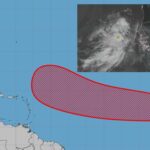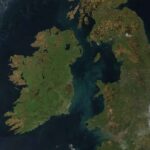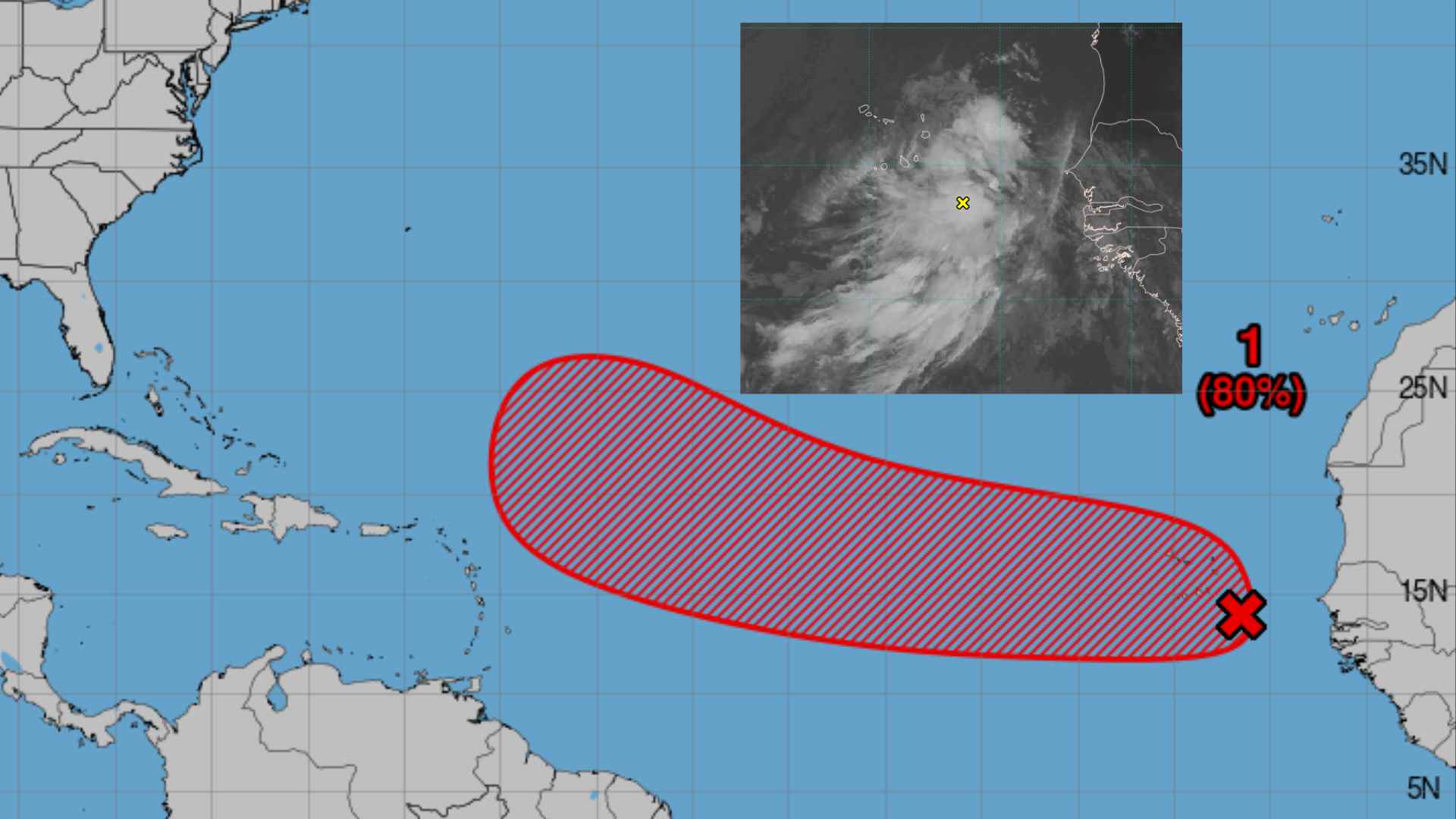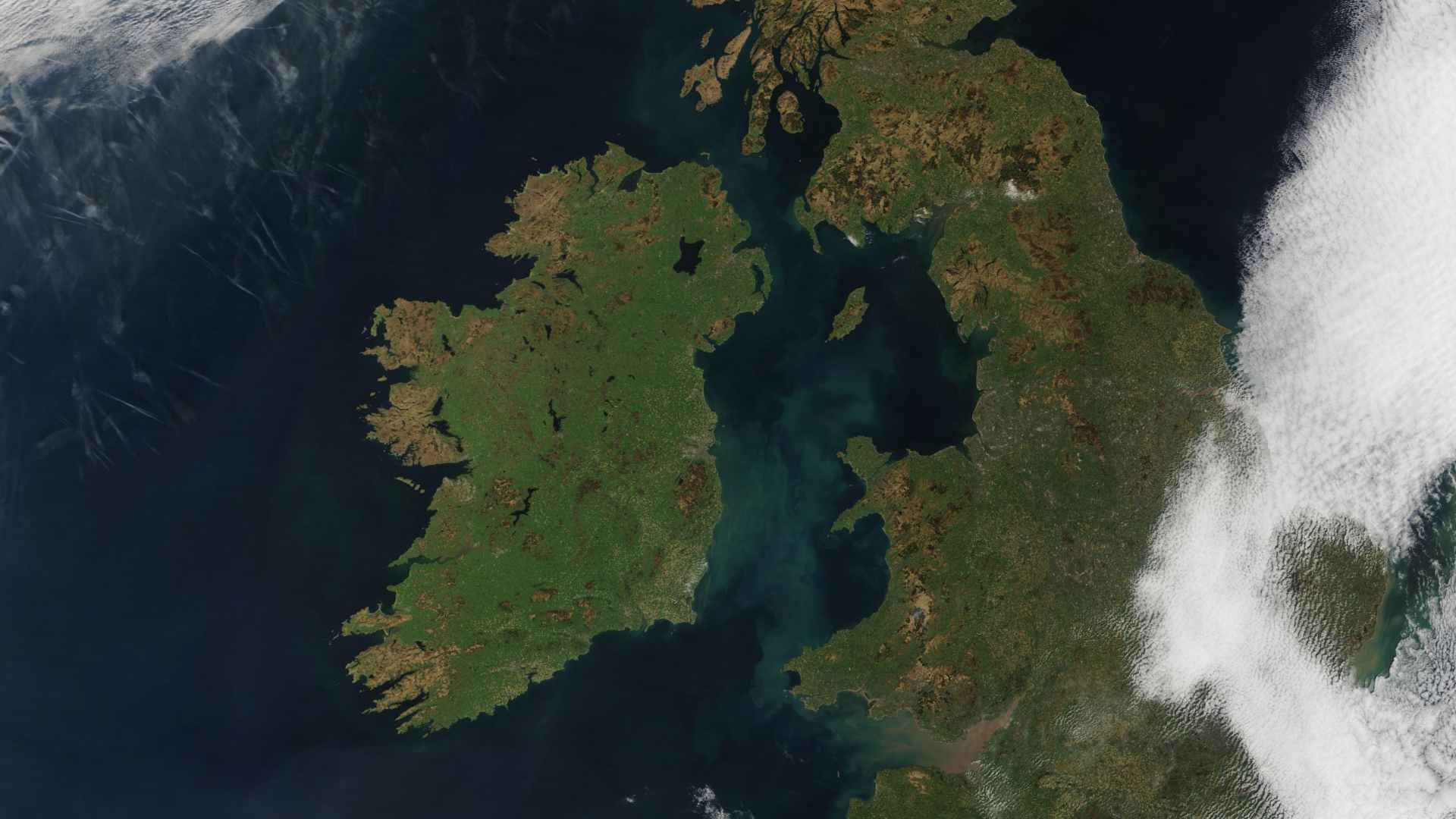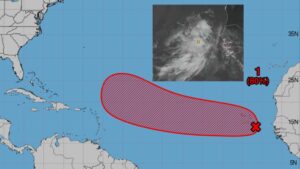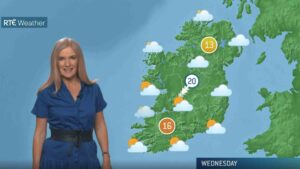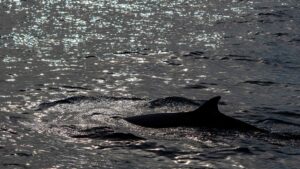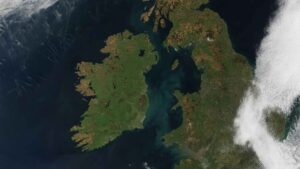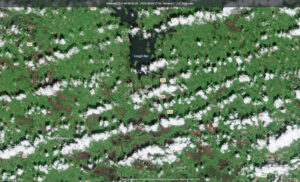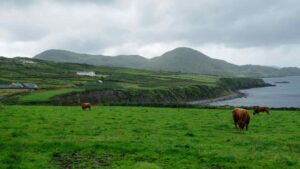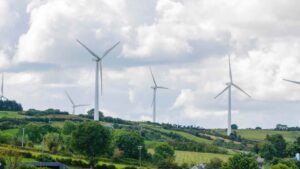
Ancient ‘Carbon Burps’ Drained Ocean Oxygen
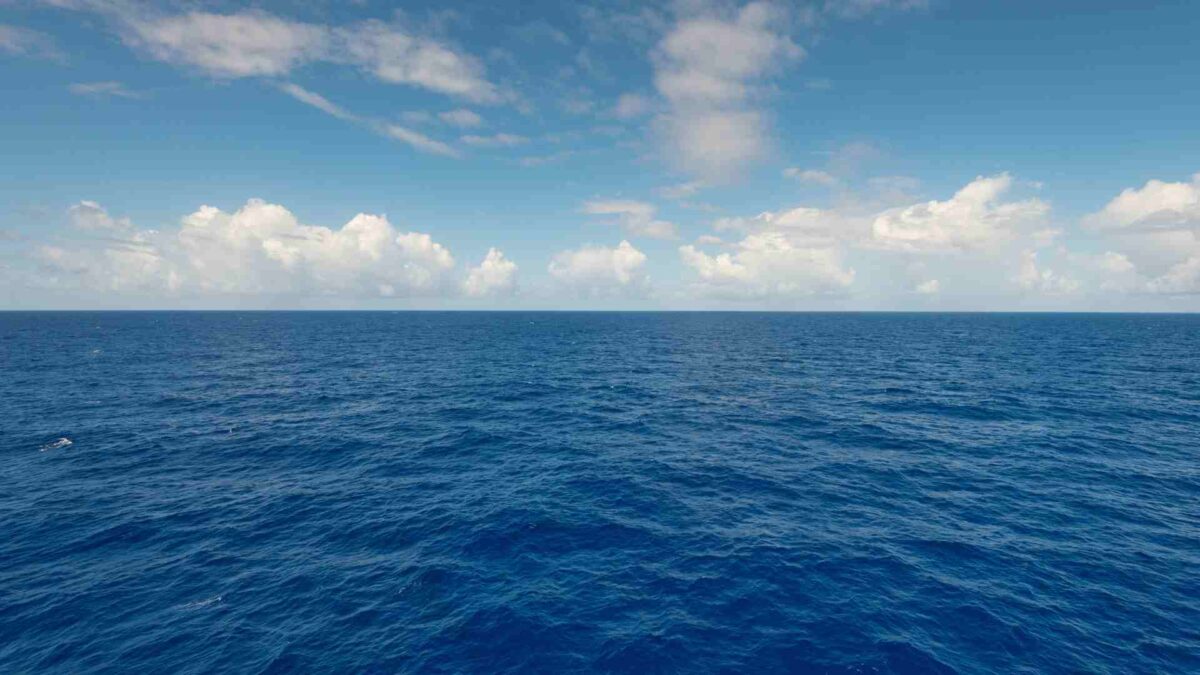
A major new study has uncovered that massive natural CO₂ spikes over 300 million years ago caused sharp drops in ocean oxygen.
Published in PNAS, the research by UC Davis, the Chinese Academy of Sciences, and Texas A&M reveals that Earth went through five major “anoxic” events — periods when ocean oxygen levels fell by up to 12% — triggered by huge bursts of carbon dioxide from volcanic and natural sources.
“It’s the closest thing we have to a climate déjà vu,” said lead author Prof. Isabel Montañez. “But what’s different today is that we’re causing it — and it’s happening far faster.”
Using sediment cores from South China and cutting-edge climate models, scientists found these ancient ocean disruptions paused marine biodiversity for hundreds of thousands of years, especially in coastal areas.
With Ireland’s marine ecosystems already facing stress from warming, acidification, and overfishing, the findings offer a clear message: even small shifts in oxygen can have big ecological consequences.
“This happened in a world with more oxygen than today,” said Montañez. “So we shouldn’t assume it can’t happen again.”
While the past was powered by volcanoes, today’s carbon surge is human-made — and rising at a pace unseen in geological history.
Why It Matters for Ireland
As a coastal nation, Ireland depends heavily on healthy oceans for biodiversity, climate stability, and livelihoods. This research adds to growing concerns about how warming seas and falling oxygen levels could hit fisheries and ecosystems in the decades ahead.
Share this WeathÉire story: